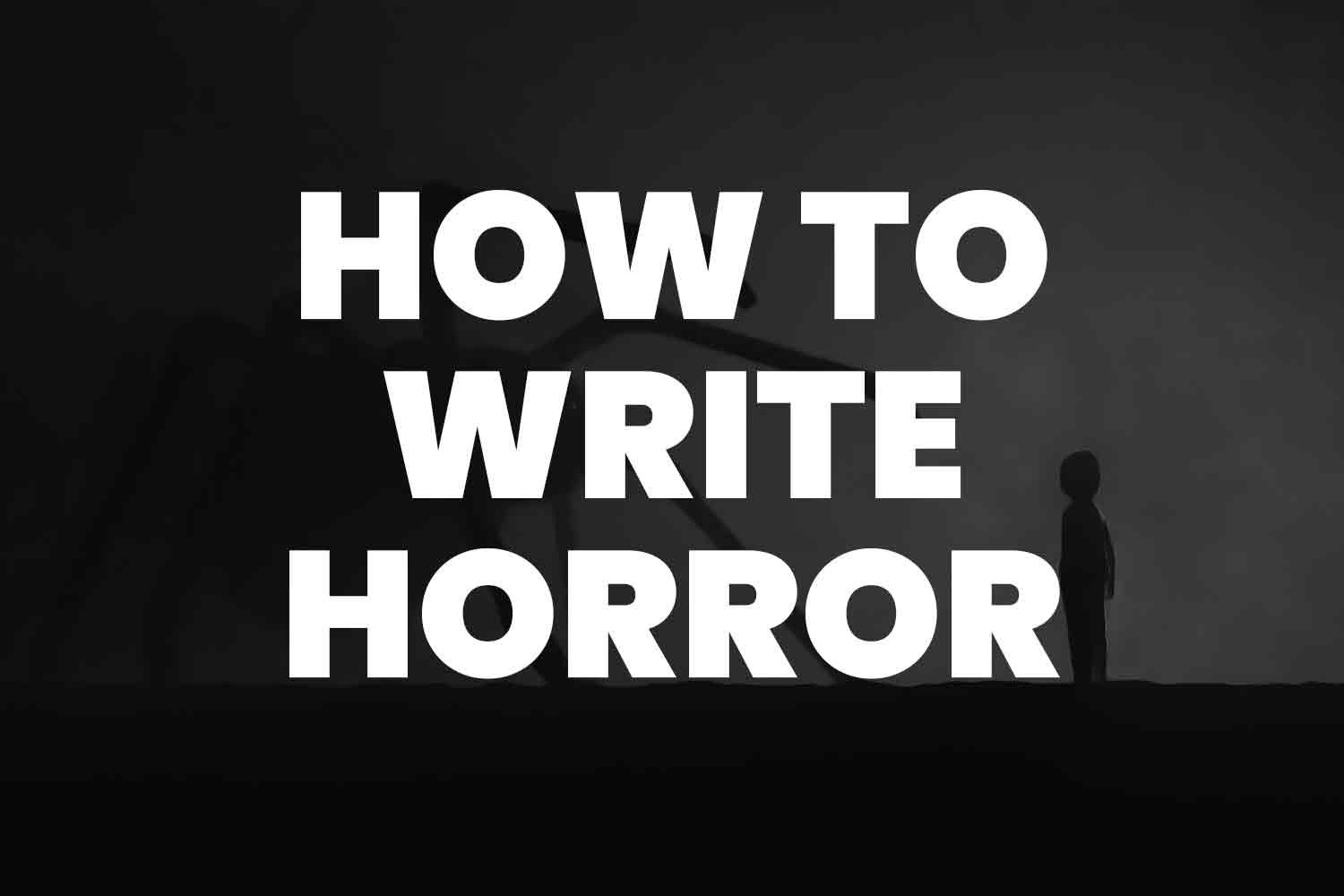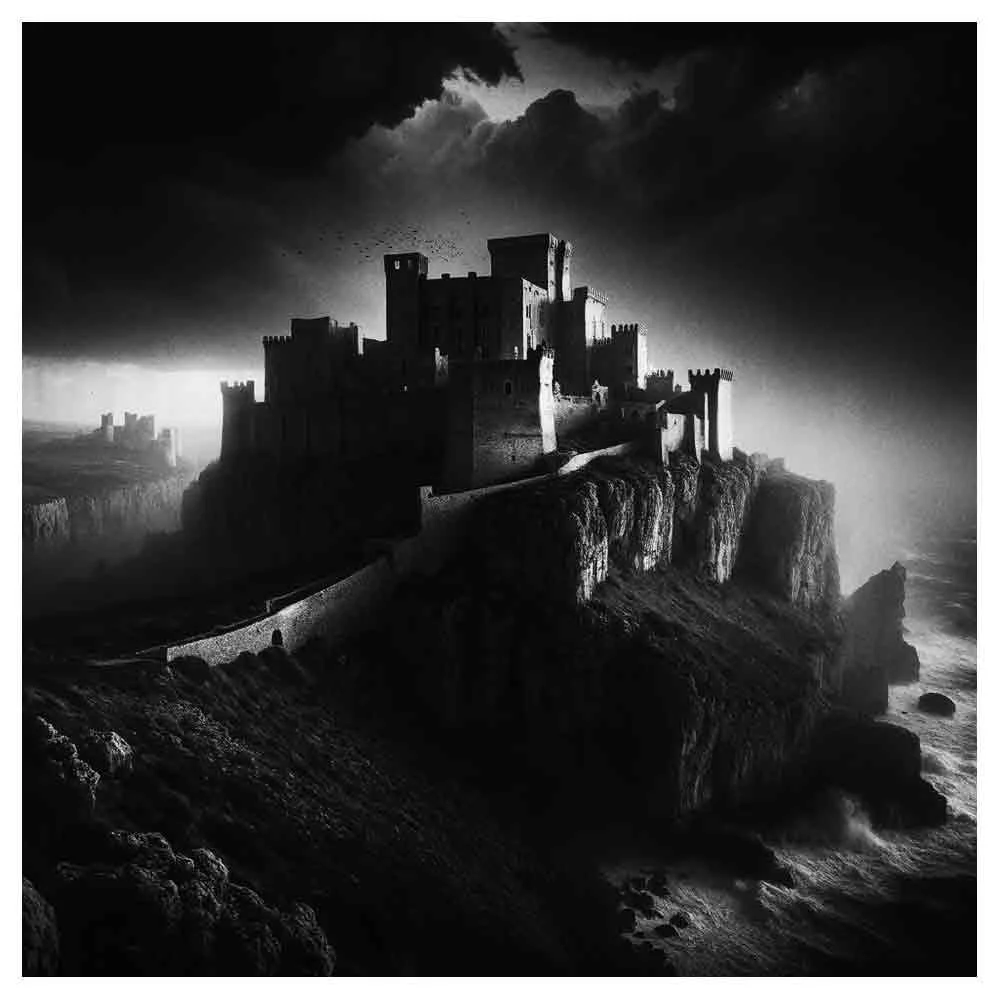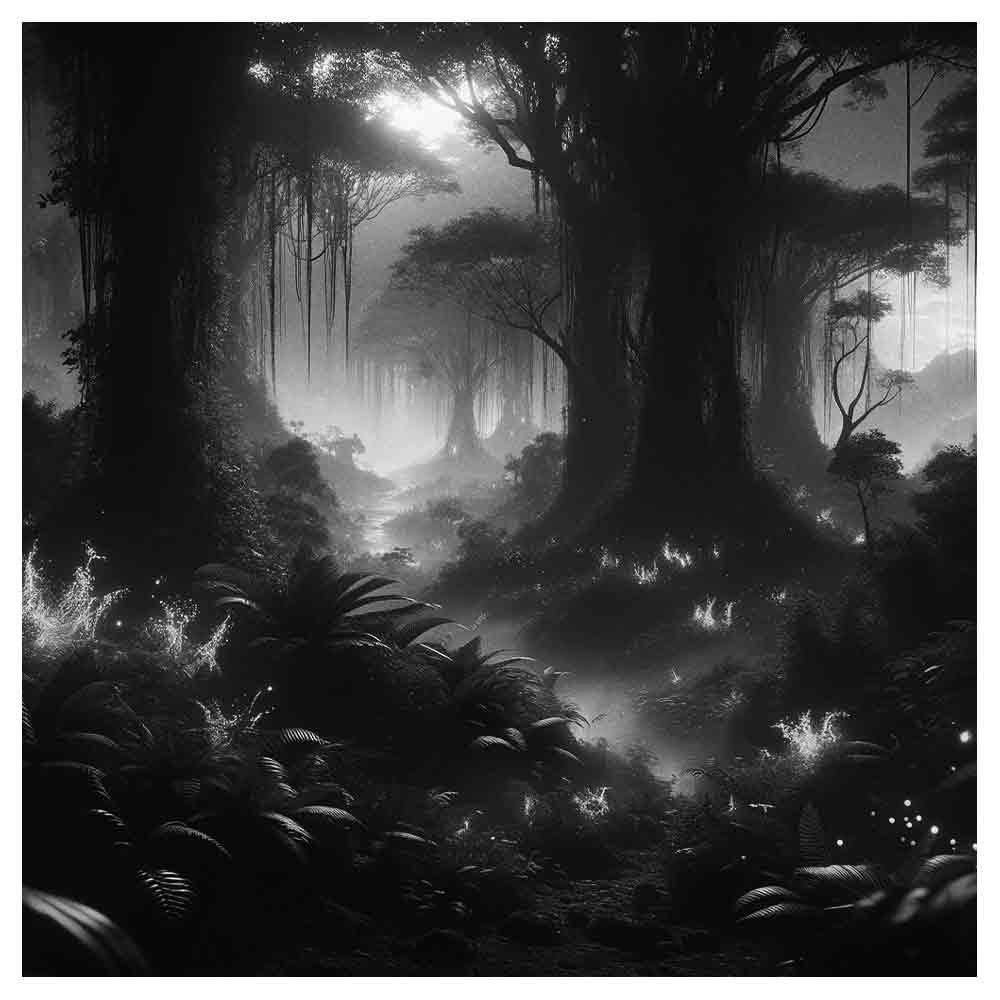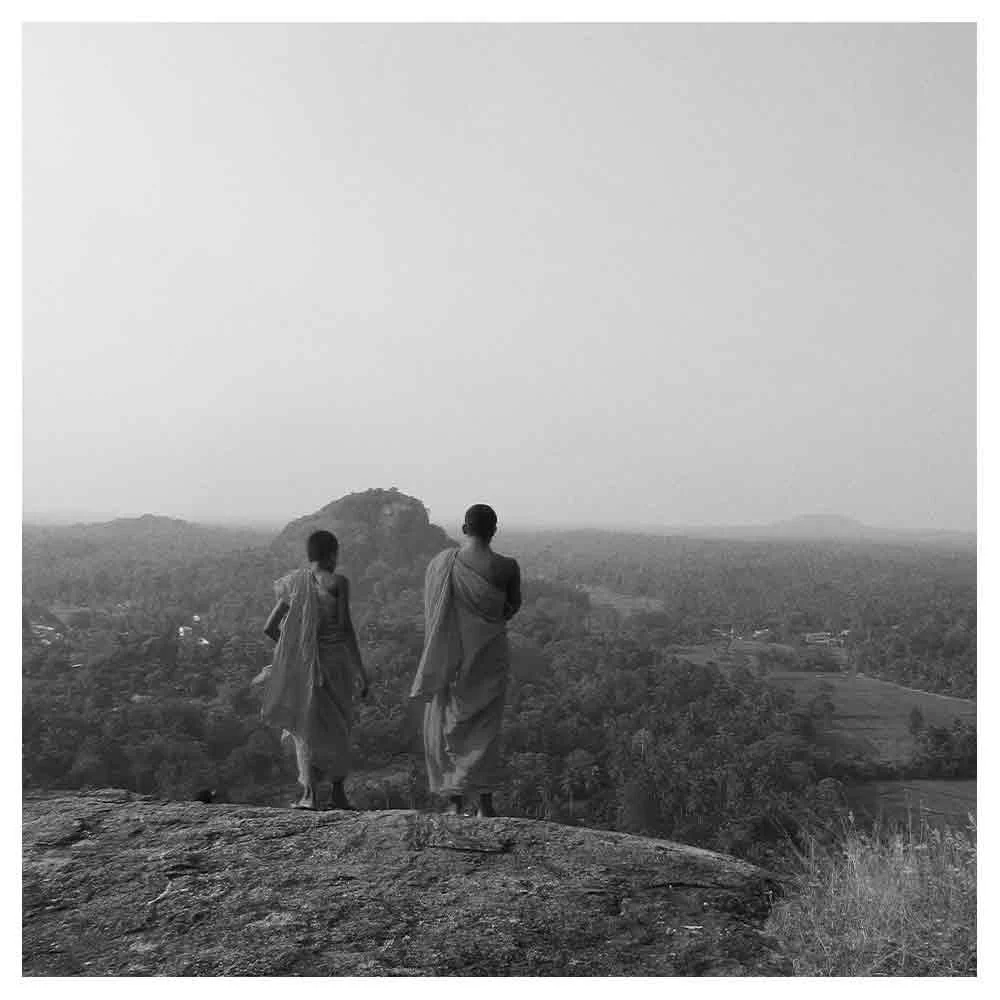10 Steps For How to Write Horror: Conjuring Nightmares with a Pen
Drenched in shadow, punctuated by screams, the horror genre is as enigmatic as it is chilling. From the forlorn streets of an abandoned town to the twisting alleys of a reader's mind, writing horror is about crafting an experience that lingers, like a ghost story whispered at midnight.
But how does one write a great horror story that's not only creepy but gripping? This guide is here to aid you.
1. Know the Horror Landscape
From horror novels to short stories, and "Tell Tale Heart" to "Vampire Diaries," horror exists in many shapes. But the essence remains— it aims to evoke fear.
Begin with understanding various sub-genres:
Psychological Horror: Challenges the reader’s perceptions and plays with human nature. Think of Stephen King's complex characters.
Slasher Film & Fiction: Expect a high body count, usually by a relentless pursuer.
Paranormal Activity: Hauntings, spirits, and things that defy the natural world.
Horror Tropes: Familiar themes that recur in horror. For instance, the unreliable narrator or the cursed artifact.
2. Confront Your Own Fears
Before you write horror, delve deep into your own fears. Are you scared of the unknown? Do you fear loss? Your personal fears can serve as a foundation, making the story scary and personal.
Remember, if it terrifies you, it's likely to scare someone else too.
3. Crafting Your Plot
A good horror story is more than just cheap scares. It’s about an entire story arc with tension, unexpected twists, and deep-rooted fears.
Plot Twist: This is the unexpected turn in your story that leaves readers gasping. Make it unpredictable yet logical.
Plot Point: Major events that propel your narrative forward. It's the severed head found in the protagonist’s bed or discovering the antagonist's weakness.
4. Characters to Remember
Your main character should be multi-dimensional. They should have strengths, flaws, hopes, and fears. Even your monster, ghost, or serial killer needs depth.
After all, Stephen King's most memorable monsters have humanity in them, from Pennywise’s twisted sense of humor to Carrie's yearning for acceptance.
5. Building Atmosphere
Create suspense by setting the right atmosphere. Use the environment to mirror emotions, like an old house representing isolation.
Bonus Tip: Dive head-on into descriptions but avoid cliches. Don’t just tell about the eerie silence; describe the muffled echo of one’s breath, the weight of stillness.
6. Incorporating Other Elements
Your horror story writing doesn't have to be pure horror. Incorporating other genres can make your narrative richer. A dash of romance, like in "Vampire Diaries," or some casual sex can add layers to your story.
7. Take Inspiration but Stay Original
Be inspired by great horror stories, but forge your own horror story path. Do your own writing. For example, use the psychological depth of Poe but through your unique lens.
8. The Fear Factor
The ultimate goal is to engage the reader. Keep your reader engaged by varying the pace, sprinkling plot twists, and developing genuine characters. Introduce the unexpected elements when they least expect it.
9. Ending with a Bang
Scaring people is an art. Whether your story concludes with hope, despair, or a cliffhanger, it should resonate.
Perhaps the main character finds strength in protecting loved ones, or perhaps they succumb to their inner demons.
10. Read & Revise
This might be the most crucial tip for writing horror. Once you start writing, you must also start reading.
Read your drafts, read works by notable horror authors, and constantly refine them. Remember, every great story started as a draft that was revised multiple times.
Conclusion
In essence, horror is about tapping into the primal fears of humanity, whether it's through a supernatural entity, a twisted human, or the unknown.
Embrace the darkness, infuse it with creativity, and pen down a tale that haunts the dreams of your readers. Remember, every shadow, every creak.
Every chill is a tool in your horror writer's kit. Now, light a candle, let the darkness surround you, and begin your journey in the chilling world of horror fiction.
Happy haunting!
Frequently Asked Questions about writing horror stories (FAQs)
What is the essence of the horror genre?
The horror genre taps into our deepest fears, challenges our sense of safety, and makes the familiar seem strange and threatening.
It covers everything from psychological horror that delves into human nature to slasher films with relentless killers to mysterious paranormal activity.
I've never written a horror story. How do I start writing?
To start writing, dig into your fears and think about what terrifies you the most. This personal touch will make your story scary and authentic. Remember, the goal is to engage the reader's mind and keep them hooked.
How do I create a good plot twist in horror stories?
A plot twist should be unexpected yet plausible. It can come from an unreliable narrator or through unexpected elements in the story.
Reveal a hidden connection, introduce a shocking turn of events, or overturn a character's core belief.
What's more important, the story or the characters?
Both! A good horror story is driven by compelling characters faced with terrifying events. Your main character should be well-developed, with motives, fears, and flaws that readers can relate to.
How do I ensure my horror story stands out?
Originality! While the horror genre has certain staples or horror tropes, like the haunted house or the vengeful spirit, giving it a fresh perspective or twist can make all the difference.
Maybe your haunted house is an abandoned town, or your vengeful spirit seeks protection for a loved one.
Can I blend horror with other genres?
Absolutely! Think about the "Vampire Diaries". It's a mix of romance, drama, and horror. Blending other genres can add layers to your narrative and make it richer.
How crucial is the setting or atmosphere in horror writing?
Incredibly crucial! Horror writing is as much about the right atmosphere as the events themselves. Whether it's the eerie silence of an old mansion or the unsettling normalcy of a suburban home, the setting sets the mood.
Are there any authors I should look to for inspiration?
While you should find your writing style, studying works by horror authors like Stephen King, Edgar Allan Poe, or Shirley Jackson can provide valuable insights into crafting suspense and fear.
Any tips for keeping readers engaged?
Keep the suspense high, maintain a good pace, and ensure every scene, character, and plot point has a purpose. Also, avoid overusing cheap scares. Instead, focus on building tension and creating a looming sense of dread.
What's the most common mistake new horror writers make?
Overloading the narrative with clichés. While it's okay to take inspiration from classic horror elements, over-relying on them can make your work feel stale. Always strive to bring something fresh to the table.






























